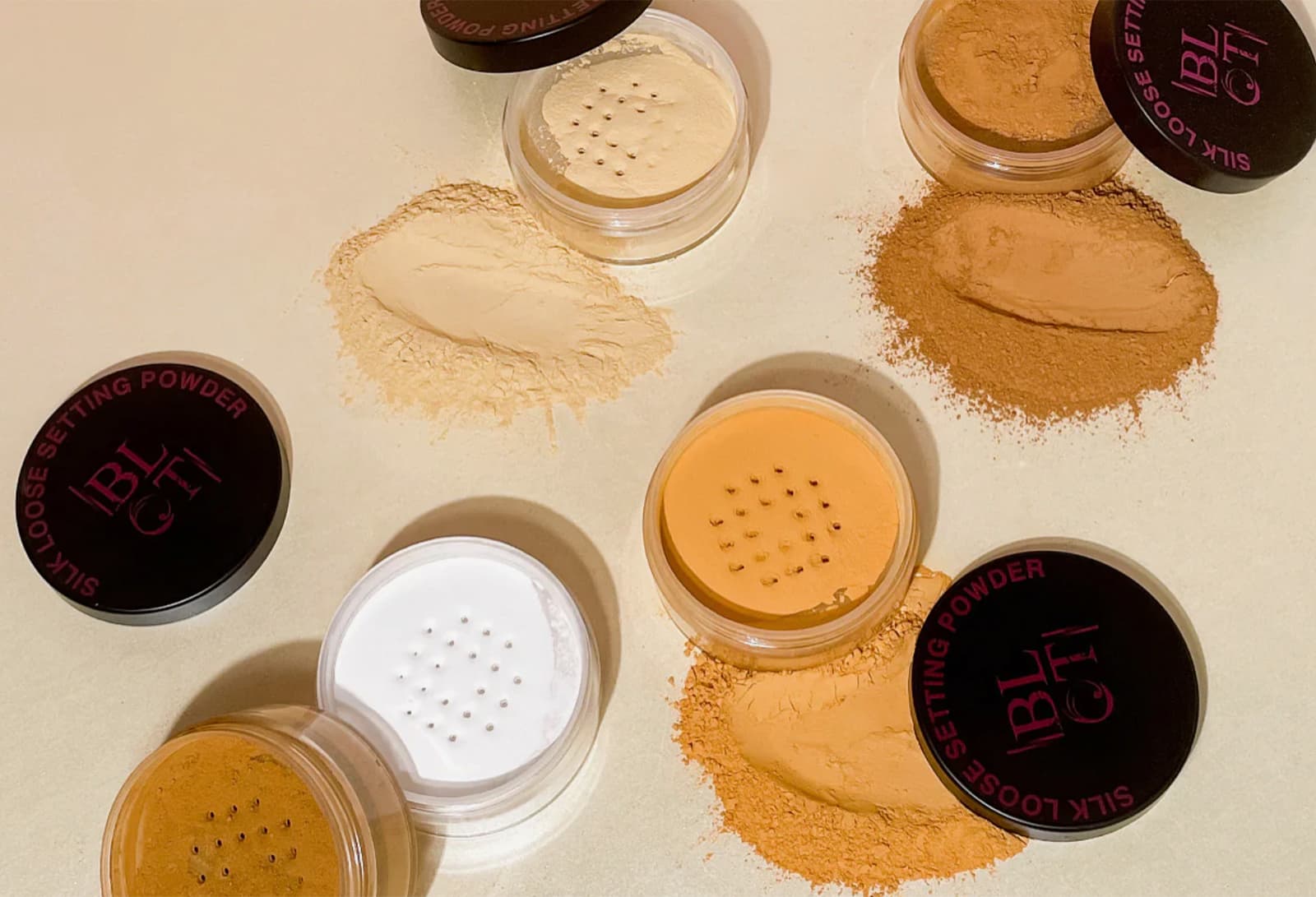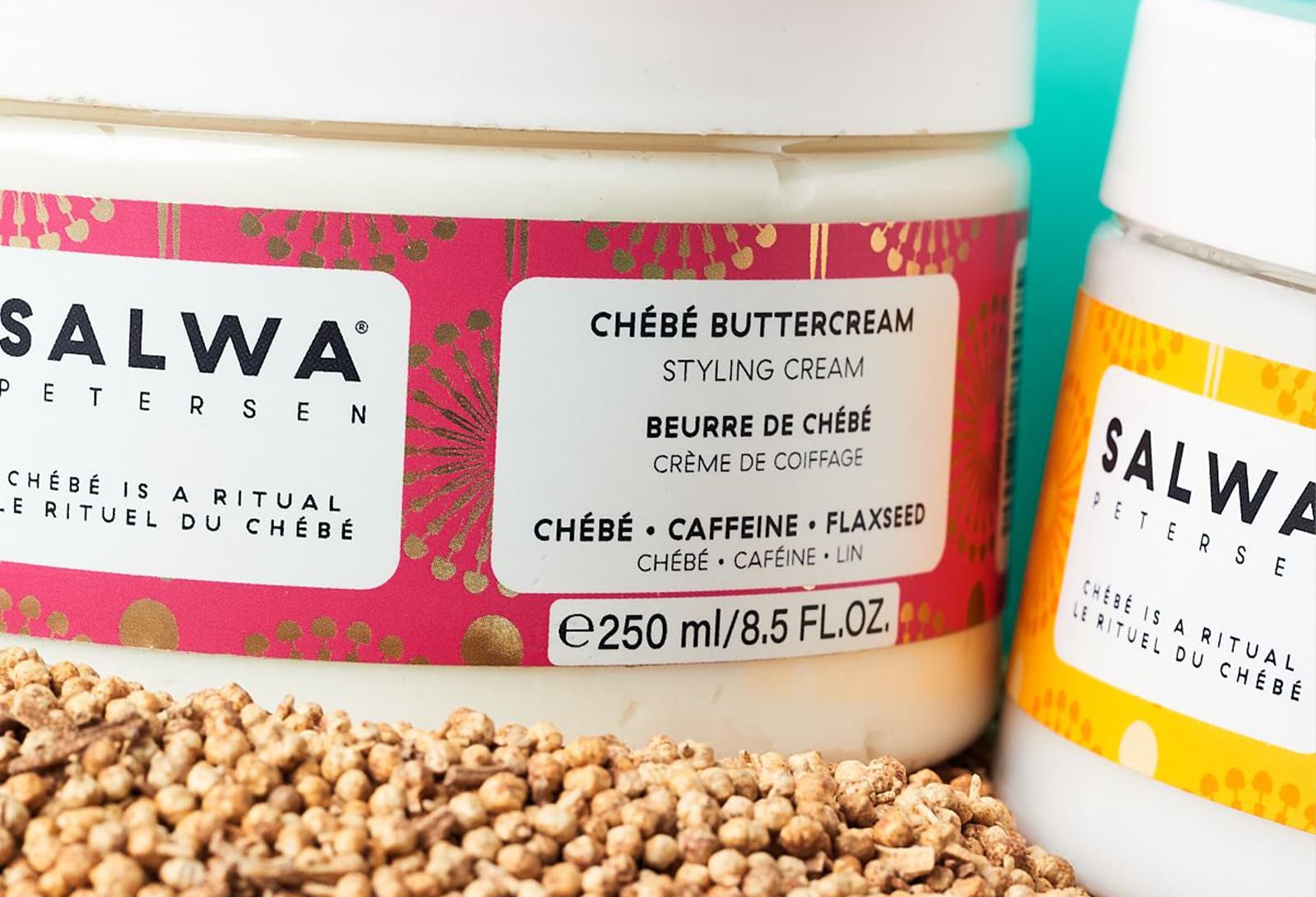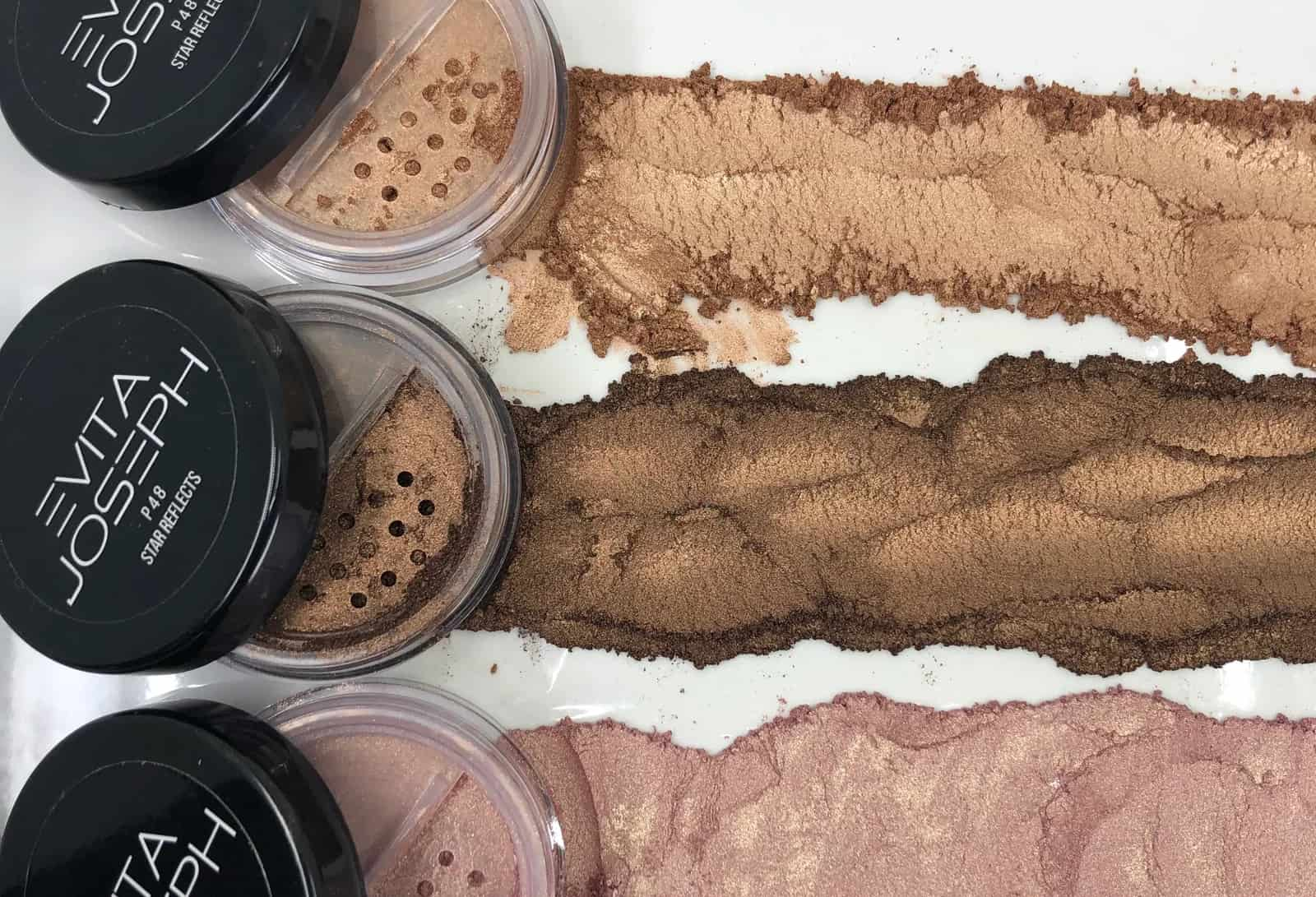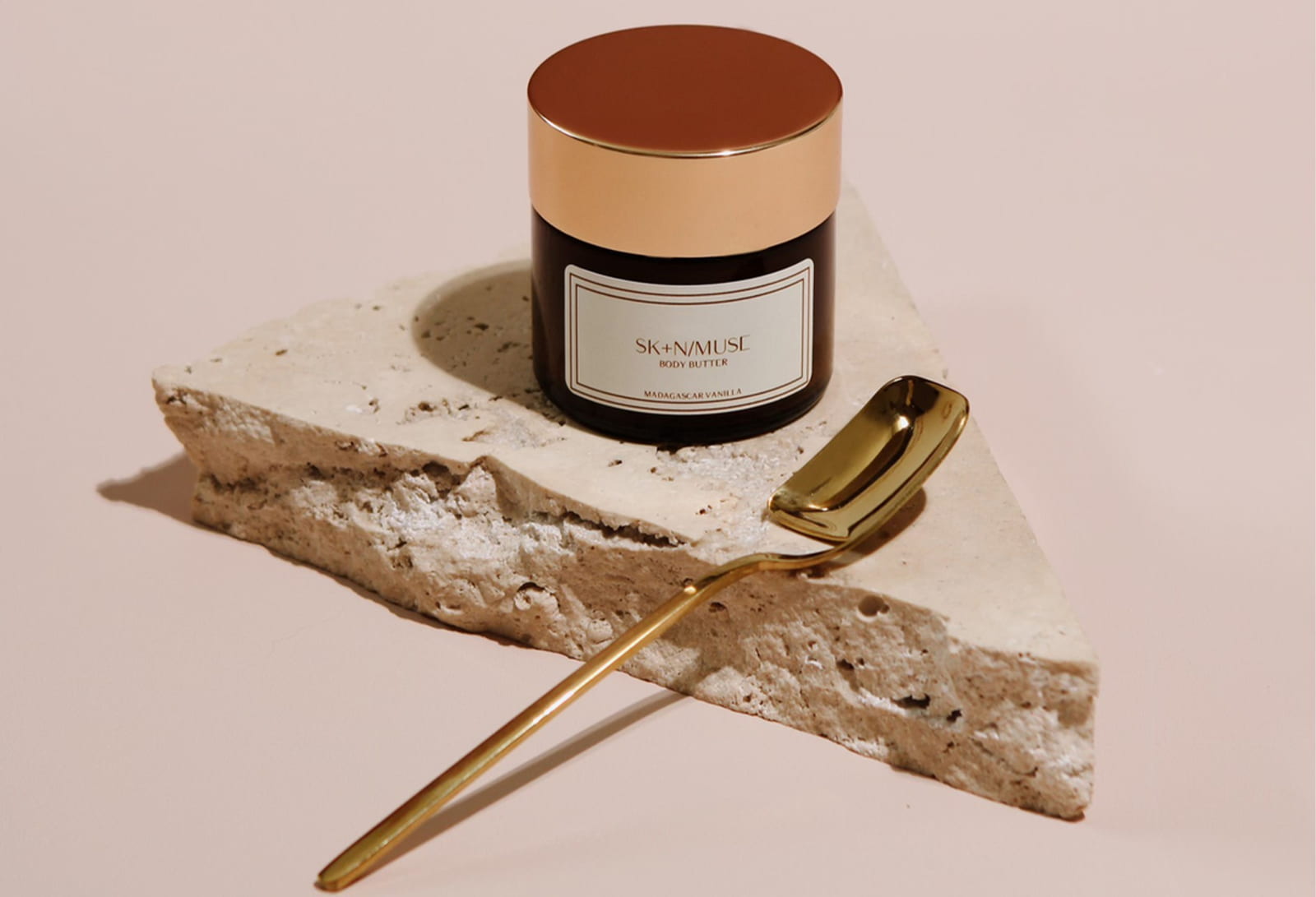It’s the end of the year 2023, and the African beauty market has stood as a vibrant tapestry of innovation and success, reflecting the dynamic evolution of the continent's beauty industry. Characterized by a rich diversity of cultures, the beauty landscape is witnessing a surge in Indigenous brands that have not only captured local hearts, but are also gaining international acclaim. According to Statista, the annual revenue of African beauty brands have experienced a remarkable uptick, with a notable increase of 6.01% CAGR over the past year, with the beauty and personal care market projected to reach $62.14 billion in 2023. This financial surge is indicative of a burgeoning consumer demand for products that celebrate and cater to the unique skin tones, hair textures, and cultural nuances across the continent.
A key driver of this growth is the industry's response to shifting beauty standards, with brands embracing and celebrating the authentic beauty rooted in Africa's diverse heritage. From skincare essentials to cosmetic innovations that tackle supply chain issues, these brands are rewriting the narrative, challenging outdated ideals, and empowering individuals to embrace their natural beauty. The market's expansion is not only limited to traditional beauty products but extends to include sustainable and ethically sourced ingredients, which align with global trends of conscious consumerism.
As we delve into the success stories of individual brands, it becomes evident that the African beauty market is not just about products; it's a cultural movement, a celebration of diversity, and a testament to the entrepreneurial spirit driving economic growth. In this narrative of beauty redefined, African brands are not merely meeting market demands, but are actively shaping global perceptions of beauty, proving that the future of the industry is as diverse and bold as the continent itself. BeautyMatter spoke with a few of those brands that had a solid impact in 2023.

Blot Beauty Cosmetics (Nigeria)
Founded by Olufunke Tonye-Preghafi in 2015, Blot Beauty Cosmetics was founded to meet the needs of multicultural women. Blot Beauty Cosmetics stands as a forward-thinking beauty and cosmetics company with specialization in beauty technology and beauty related products in Africa. At the heart of Blot Beauty Cosmetics lies an AI-driven platform, a groundbreaking tool designed to empower its customers in their beauty choices. Tapping into the relevance of virtual try-on features, customers are able to experiment with a myriad of lipstick, lip gloss, and eyeshadow colors from the comfort of their homes. One of its unique products is the customizable eyeshadow palette called the Trailblazer. Customers can select from existing palettes or choose to create their own. The virtual try-on then allows them to first digitally wear these customizable products before purchasing, if it matches their needs.
“Since the debut of our Virtual Try-On on November 1, 2023, for our lip range and December 8, 2023, for our eyeshadow range, we have seen remarkable engagement,” Love Morolani, Head of Growth, tells BeautyMatter. “Users have conducted an impressive 909 tryouts, averaging 60 sessions per use. This signifies a 21% growth rate in user engagement on our platform, underscoring the appeal and success of our innovative Virtual Try-On feature. Our adapting AI-driven beauty tool for skin personalization and Digital Shade Finder saw over 700 users of these tools and 200 shade matched,” she continues.
However, it did face some unique challenges this year. Morolani recalls that, due to high shipping costs and extreme exchange rate/currency fluctuations, the company lost a solid 20% of income when it tried to restock sold items. In the midst of this, it remained committed to navigating the storms and adapting accordingly. Motolani shared with BeautyMatter that flexibility with its marketing strategies, being innovative, and having a deep understanding of the market helped them adapt accordingly. “Our profit margins, currently averaging 35%, demonstrate our resilience and efficiency even in the midst of external challenges. We are dedicated to maintaining our commitment to quality and innovation while navigating the complexities of the market,” Morolani says.

Salwa Petersen (Chad)
Salwa Petersen is an eponymous textured haircare brand. Petersen is originally from Chad and was inspired by the sacred and indigenous Chèbè plant, which detangles strands, repairs damaged hair, promotes hair growth, and helps to enhance the hair’s natural texture. Petersen grows the rare plant on her own organic farm, allowing her to ensure consistent high quality formulas for each and every batch. The Chèbè plant is used by the Salwa Petersen brand to produce products like its Wash Day Essentials (which includes items like hydrating shampoo, conditioner, and repairing hair mask); Hair Milk, which is a one step detangler; and Fortifying Hair Oil.
“Salwa Petersen grew over 10,000% in terms of units sold year to date (YTD) versus 2022, [we’ve had] a healthy consumer return rate, with roughly 50% of customers returning to restock or try something new,” Petersen tells BeautyMatter. “Salwa Petersen has high velocity of sales with existing retail partners and is often among the top productive brands on shelves,” she continues.
This year, the brand sold out one of their bestsellers, the Fortifying Hair Oil, with one bottle selling every 20 seconds. Before the brand reformulated and restocked the oil, it reported that the company had more than a 1,500 waitlisted on their direct-to-consumer (DTC) website, and after relaunching, sold over 100 oils in just one week at a local NYC-based retailer. “Salwa Petersen continues to prove to be a major proponent of female entrepreneurship and helps create jobs by offering local workers a salary five times higher than the local average to operate the Chébé workshop. Salwa Petersen also places a high priority on environmental conservation, donating 2% of sales to the African Parks network to support Chad’s conservation,” Petersen says.

Evita Joseph (Ghana)
Evita Joseph is another namesake beauty brand founded in 2015, with a unique focus on women of color. Since its inception, the company has put in the work to research, design, and produce products that serve this particular demographic. For example, the skin of women of color has the tendency to look gray because of improper balance of pigments in color product development. For Evita Joseph, products like the P48 Star help to correct that. It comes in three major shades and names: Evilio, which is rose golden; Kosmios, which is satin coloured; and Losif, which is brown. Currently, its highest performing products are the expert brow liner, lip gloss, and makeup brushes.
“In 2022, we saw a net income of about 70,000 Ghana Cedis (~$5,700) with high sales in the color cosmetics product category,” Evita Joseph tells BeautyMatter. “In 2023, expenses were over 120,000 Ghana Cedis (~$9,900), and we saw a 30% growth in revenue as as compared tothe year 2022. Our Retail Asset Value currently lies a little less than 1 million Ghana Cedis,” Joseph shares with BeautyMatter.
All of this, though, came with a unique sets of challenges, including “finding suitable lab/manufacturers to accommodate our growing size of inventory in terms of minimum order quantity and finding reputable retailers across Africa who are passionate and interested in retailing our products.” Amid these challenges, the company has also managed to celebrate a few wins like taking home the award for Best Beauty Brand, organized by the Women’s Choice Awards Africa.

Sk+Muse (Nigeria)
Co-founded by Ezinne Iroanya and Ambrose Price, SKNMUSE has positioned itself as a beauty brand that synchronizes both elegance and innovation. This avant garde brand gracefully weaves together heritage and modernity, offering a curated selection of products that redefine the standards of beauty. Products like body oils and fragrances, body butter, body balms, and even candles are all made from natural ingredients that are locally sourced from West Africa. They include shea, cocoa, avocado, and coconut—all of which envelop the skin to leave a lasting, moisturizing effect. With a commitment to inclusivity, SKNMUSE tends to explore a transformative journey where every skincare ritual and makeup application is a celebration of diversity and individuality. Through this, the company has managed to experience multiple wins, including a $20,000 grant prize from Cantu Beauty’s 2022 Elevate Entrepreneur Pitch Competition.
“In terms of figures, SKNMUSE experienced a 60% increase in sales on Black Friday this year. It marked our most successful Black Friday in terms of revenue,” it tells BeautyMatter. “[We also] grew to a team of eight; expanded our warehouse and office space in Chatsworth, CA; launched two new products: Black Oud and Pink Sugar, featured by Good Morning America and sold internationally in Dubai at THEKUR,” they continue. As far as challenges go, they reported that one of the hardest was having to navigate the fluctuations in the economy.
The Marketing Magic Behind Brand Success
In a strategic evolution of the beauty landscape, international beauty brands are recognizing the immense potential of Africa, and event activations have become a pivotal channel for their engagement. Through strategic partnerships with adept PR companies, these brands are not merely showcasing their products but are actively contributing to the cultural dialogue.
In 2022, for example, Rihanna’s Fenty Beauty launched in seven African countries including Zambia, Nigeria, Ethiopia, the Democratic Republic of Congo, Egypt, Tanzania, Kenya, and South Africa. This was followed by an event activation launch. In collaborating with skilled PR agencies, these brands navigate the nuances of diverse cultures, ensuring that their activations resonate authentically with local audiences. From Lagos to Johannesburg, these events are more than showcases; they're immersive experiences that celebrate the unique beauty rooted in African traditions while seamlessly integrating global influences.
Redrick PR Agency founded by Ijeoma Balogun, is one of those agencies with a portfolio of heavyweight luxury wellness and lifestyle brands. Ralph Lauren, Emporio Armani, and YSL Beauty, are a few under its belt. “The impact is two-fold. On one hand, international brands gain access to a market brimming with untapped potential, establishing themselves as leaders in a space that values cultural diversity. On the other hand, African audiences get firsthand exposure to a spectrum of beauty products and trends, fostering a sense of inclusivity and expanding their beauty horizons,” Balogun says to BeautyMatter.
Witnessing the rise of these event activations has made it evident that the global beauty industry is embracing Africa not as a market to conquer but as a vibrant partner in shaping the future of beauty. In this era of cultural convergence, event sponsorships stand as bridges between continents, connecting beauty enthusiasts worldwide in a celebration that knows no boundaries.
As we bid farewell to the remarkable successes of African beauty brands in 2023, the horizon for 2024 appears even more promising. The trajectory of the African beauty market suggests a continued ascent, with an anticipated surge in creative collaborations, technological advancements, and a deeper embrace of sustainable practices. The industry is poised to redefine beauty standards globally, amplifying the authentic voices and diverse narratives that make Africa a captivating source of inspiration.
“As we saw in 2023, a lot more luxury beauty, wellness and lifestyle brands outside of Africa may be looking for even bigger opportunities to penetrate the market here, and the same goes for the African brands looking to scale beyond Africa. We anticipate a year where the beauty landscape not only reflects the vibrancy of the continent but also becomes a global beacon of inclusivity, innovation, and empowerment,” Balogun chips in. The journey of African beauty is unfolding, and the chapters yet to be written promise a narrative that transcends boundaries, celebrates uniqueness, and leaves an indelible mark on the global stage.